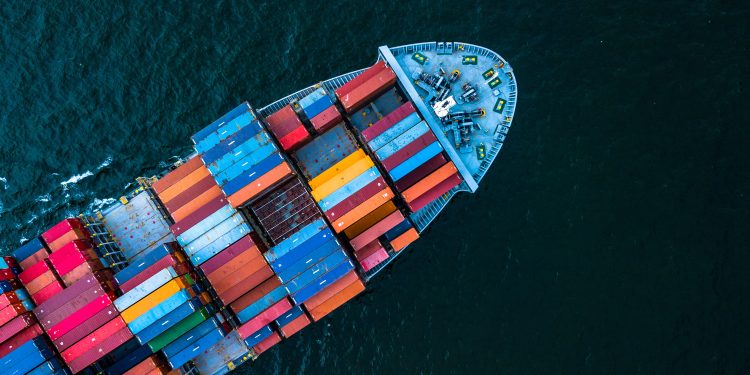The Swedish Club published a set of Guides covering the most common issues with bills of lading. As a result of this ruling, the Club has made available a practical guide, in the form of FAQs, on clausing bills of lading.
The Swedish Club developed the Guides in response to requests from operators asking for further support in dealing with some of the practical and theoretical aspects of bills of lading.
Despite their seeming simplicity, a bill of lading is still a contract, and the reality is that whilst there is a lot of information available, it is not always easy to find. Part of the issue is that much of the advice is found in legal textbooks, which may reach a restricted audience
the Club said.
#1 What is ‘clausing’ the bill of lading?
Clausing a bill of lading is the process of inserting written remarks on the bill of lading regarding the quality or condition of the cargo that existed on loading the cargo on board the ship.
#2 What is a bill of lading called which is not claused?
A bill of lading that does not contain any remarks (and is therefore not claused) is called a ‘clean’ bill of lading.
#3 Why do shippers sometimes ask for clean bills of lading to be issued, even though the cargo is damaged upon loading?
If the sale of the cargo is financed using Letters of Credit, the Letters of Credit may require that ‘clean’ bills of lading are issued. If claused bills of lading are issued, the seller of the cargo may not get paid. This is one reason why shippers sometimes ask for clean bills of lading to be issued, even though the cargo is damaged on loading.
#4 Should ‘clean’ bills of lading be issued if the cargo is damaged upon loading?
The Master must insist on clausing any bill of lading where damage or contamination has been observed on the cargo on loading. Clean bills of lading are therefore not to be issued even if the shipper so requires.
[smlsubform prepend=”GET THE SAFETY4SEA IN YOUR INBOX!” showname=false emailtxt=”” emailholder=”Enter your email address” showsubmit=true submittxt=”Submit” jsthanks=false thankyou=”Thank you for subscribing to our mailing list”]
If, nonetheless, it becomes a commercial necessity to issue clean bills of lading, this should only be done after due consideration of the risks involved – and, preferably, accompanied by a Letter of Indemnity (LOI) – but see comments on P&I cover implications of accepting an LOI overleaf.
#5 Failing to clause the bills of lading
If bills of lading are not claused – when they should have been claused – this may prejudice P&I cover. This means that there may not be any insurance cover for any cargo claim.
#6 Issuing ‘clean’ bills of lading against a LOI
Issuing ‘clean’ bills of lading in return for a LOI where the cargo is damaged will not reinstate P&I cover. Instead, the LOI will act as a replacement for P&I cover.
If clean bills of lading are issued against an LOI, it is essential that the creditworthiness of the party giving the LOI is considered by the carrier.
#7 Signing bills of lading ‘as presented’
Some charterparties require that the Master signs bills of lading ‘as presented’ by charterers. A requirement to sign bills of lading ‘as presented’ does not, however, remove the Master’s overriding obligation to accurately record the apparent order and condition of the cargo in the bills of lading.
If the cargo is damaged prior to loading, the Master must, therefore, clause the bills of lading – even though bills of lading are to be signed ‘as presented’.
#8 When should the Master refuse to sign a bill of lading?
The Master should refuse to sign any bill that:
- Incorrectly states the date on which the cargo in question was shipped on board.
- Incorrectly states the port of loading.
- Obviously mis-describes the cargo: its colour; form; quantity or condition.
The Master should also refuse to sign any bill which does not state these details at all.
#9 Risk of Mate’s Receipts
A ‘Clean on board´ remark on the Mate’s Receipt is only to be inserted if the cargo is without defects.
If there are apparent defects with the cargo, these must be recorded in the Mate’s Receipts. The reason is that charterparty terms can require that bills of lading
are issued in ‘strict conformity’ with Mate’s Receipts. It is therefore important that the apparent order and condition of the cargo is recorded in the Mate’s Receipts.





























































